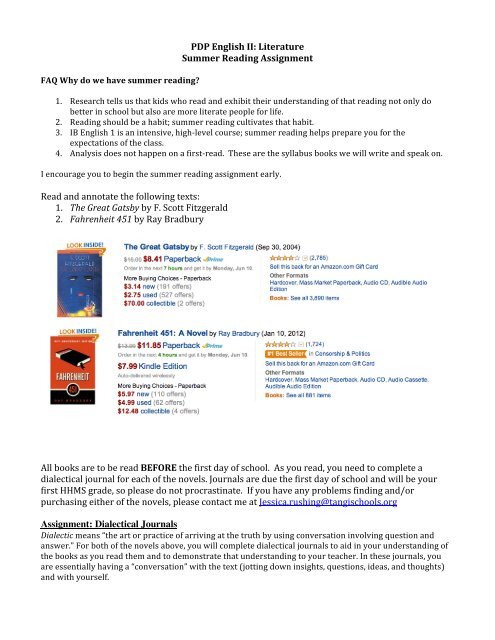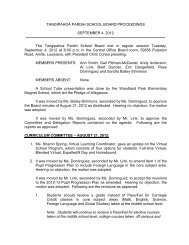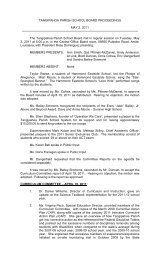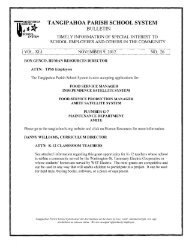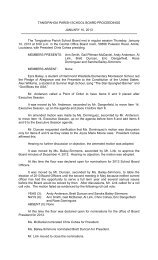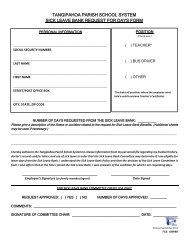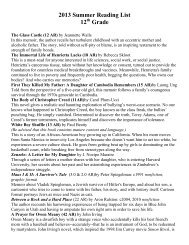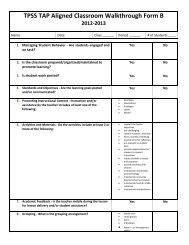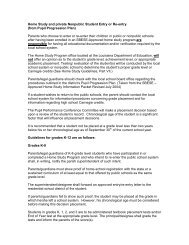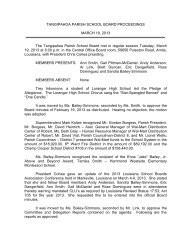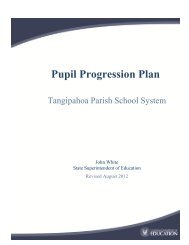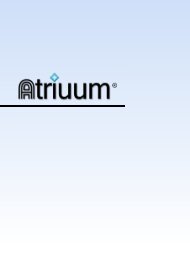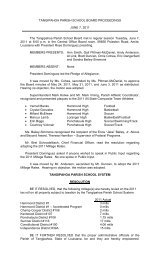PDP English I Summer Reading
PDP English I Summer Reading
PDP English I Summer Reading
You also want an ePaper? Increase the reach of your titles
YUMPU automatically turns print PDFs into web optimized ePapers that Google loves.
Ruhig gelegenes Reihenmittelhaus im Herzen von82152 PlaneggRitter Bauträger & Immobilien GmbHTel. 089 / 444 55 66 0 Fax 444 55 66 10E-Mail: info@ritter-bautraeger.de- 1 -
Procedure: Purchase a composition notebook to serve as your journal and/or write in notability. Draw a vertical line in the middle of each page in your journal notebook. At the top of the left column, write the heading “<strong>Reading</strong> Notes” and at the top of the right column, write the heading “Comments and Questions.” After you read every two chapters of the chosen novel, complete a journal entry in which you write down an interesting quote, summarize an important passage, or jot down a key idea from that chapter in the left column (with the date and page number). A B In the right column, write down YOUR ideas, insights, questions, reflections, or comments on the text item in the left column. To focus your reading, be sure that each journal entry deals with one of the following elements in the story: literary devices, reader response, rhetorical devices (devices the author uses to get a particular response from the audience), or culture/social/historical issues. Note in the left column which of these elements you are discussing. Be sure to be as specific as possible in your observations in the right column. Consider discussing any of the following when analyzing a passage: • Make a judgment about a character’s actions in relation to his or her era in American/Australian history • Comment on the author’s attitude (tone) toward aspects of history or society • Apply the situation in the novel to what you know about the time period in which the story takes place • Analyze the author’s use of organization and how that organization serves (or does not serve) her/his purpose • Analyze why the author used the language he chose in the novel (hint: language is extremely important in both novels) • Explain the author’s tone toward various themes or characters in the book Details Commentary Focus (Devices) Connections Appearance Selects detailed, Makes insightful meaningful connections; asks passages, extends thought-‐provoking beyond plot and questions characterization Is less detailed, but is meaningful and extends beyond plot and characterization Include thoughtful interpretation and commentary about the text; includes purpose as well as literary elements and thematic connections (avoids clichés) Includes some critical thinking in the commentary; addresses thematic elements Focuses on tone, organization, purpose, diction, symbolism, or historical/biographical connections Includes some literary elements but does not completely address how they contribute to meaning Includes some connections; asks some pertinent questions Is neat organized and professional looking; clear and consistent headings Is neat and readable; clear headings
C D/F Includes little meaningful details that extend beyond plot and characterization Details are few with no apparent significance or relevance Commentary is vague, unsupported or is merely a paraphrase of devices or plot summary Involves notes that are plot summary or paraphrases Includes some listing of literary elements; virtually no discussion of meaning Includes no literary elements with no discussion of meaning Limited connections; obvious questions Limited connections and no good questions; limited coverage Is relatively neat; has headings Is sloppy and unorganized Sample Journal EntryTo Kill a Mockingbird Journal (THIS IS AN EXAMPLE.)<strong>Reading</strong> Notes June 17, 2005 Chapters 3 and 4 p. 21: “…as I read the alphabet a faint line appeared between her eyebrows, and after making me read most of My First Reader and the stock market quotations from the Mobile Register, she discovered that I was literate and looked at me with more than faint distaste. Miss Caroline told me to tell my father not to teach me any more, it would interfere with my reading.” (American history) Comments and Questions The novel takes place during the Depression, a time when kids like Scout had almost nothing to look forward to and no prospects for a better future. Scout speaks often of how dirty the kids are, how poor everyone is (so poor that no one notices that anyone else is in any better or worse shape than they are). Miss Caroline does not seem to understand that she is probably one of the few things standing between the kids of that era and total disaster. Her job is so important because she can give the influence the kids to lead a better life. Instead, she singles kids out for mistreatment, demeans the children in front of each other, and does not try to inspire the kids in her class. Adults during the Depression had to have been afraid, afraid of starvation, afraid of losing their jobs. Perhaps Miss Caroline is so harsh partly because she is inexperienced, but maybe she is afraid that if she does not run her classroom like factory (everyone doing the same thing at the same time) that she will lose her job. Maybe she thinks the kids genuinely need her to be so critical and rigid. Fear makes people react to their surroundings instead of acting rationally. Perhaps fear is a theme in this book, fear of poverty, fear of failure, fear of other races. I will use fear as a purpose for reading as I continue through the chapters, noting who is acting out of fear and who is acting rationally. Perhaps those conclusions will lead me to the theme of the novel. Please be men and women of integrity and strong character and read both novels and do all of the work on your own. I do not mind if you do outside research as long as you do the work yourself and cite any sources. <strong>Summer</strong> <strong>Reading</strong> Grading Rubric: Please feel free to buy paper copies if you like paper books or read a digital version on a device.


